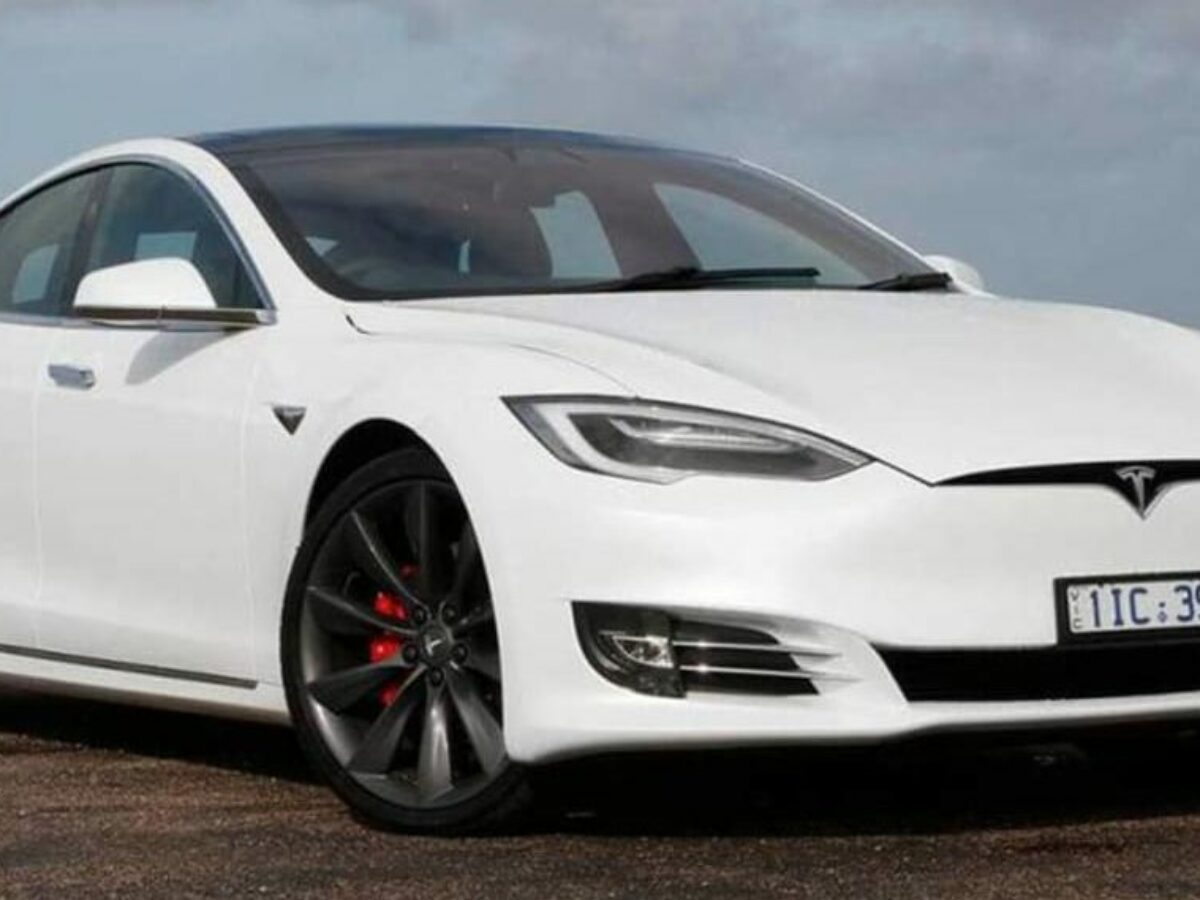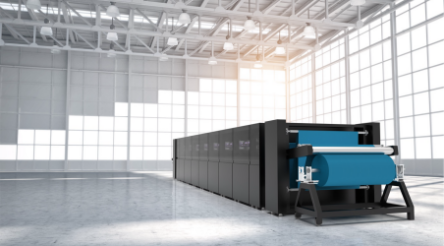Solar soaking EVs: trial looks at potential of cars and grid stabilisation

An electric vehicle trial examining the potential role of car batteries in stabilising the grid was launched recently.
The EV Grid home-charging trial will include “solar soak” events, said Shaun Reardon, Jemena Networks Executive General Manager, where 170 households across Victoria, Tasmania and the ACT will be asked to charge their vehicles during the day.
“We’re doing this both to understand the impact of EV charging in absorbing surplus electricity and helping manage grid voltage, and to test what works in engaging with customers to make this happen,” said Reardon in a statement on Wednesday.
Australia is a world leader in rooftop solar adoption, with panels on about 30 per cent of homes. This had helped cut power bills and greenhouse emissions, but added challenges to grid stability for operators.
“What we’re trying to see through this trial is how we can work with our customers to marry up the time they charge their EV, with a time when there’s a surplus of energy coming into the grid, and what the impact will be,” added Reardon.
The 12-month trial began last month, is budgeted at $3.4 million and is supported by the Australian Renewable Energy Agency’s (ARENA) Advancing Renewables Program.
Participants include Ausnet and United Energy in Victoria, TasNetworks in Tasmania, Evoenergy in the ACT and EV charging infrastructure company JetCharge.
Late last year a separate trial — led by University of Queensland — considering the possible role of EVs in grid stabilisation was announced. It is using data from Teslascope users to examine the potential for spare EV battery capacity “to absorb renewable energy generated in the middle of the day and overnight, and potentially even export energy to power homes and support the grid” according to UQ.
Picture: www.carsguide.com.au
Subscribe to our free @AuManufacturing newsletter here.
Topics Technology
@aumanufacturing Sections
Analysis and Commentary Awards casino reviews Defence Gambling Manufacturing News Online Casino Podcast Technology Videos





